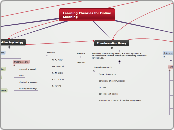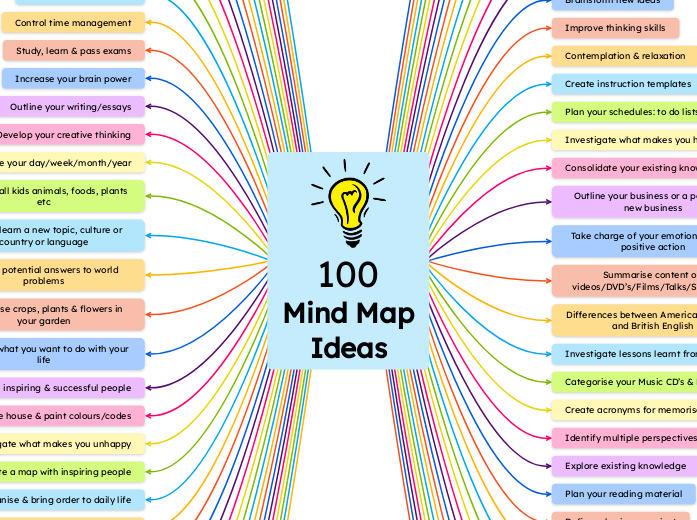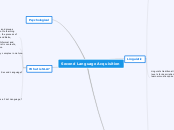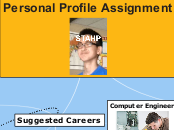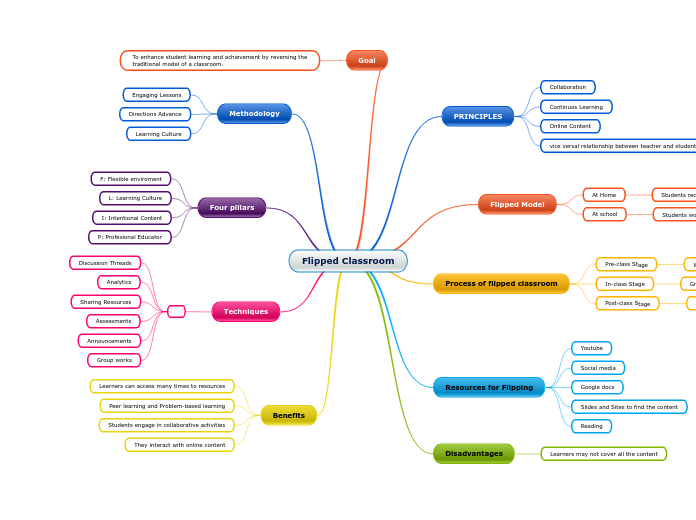Connectivism
Downes
Siemans
Learning in a networked environment
Guidelines
Mutidisciplinary
Continuous learning
Research and locate new information
Machines will train the user
Knowledge assembled from many sources
Global -not location specific
Recognize when ifo becomes invalid
Identify important information
Constant process: Unlearn old information and learn new information
Autonomous and independent
Learning Theories for Online Learning
Constructivism
Wilson
Cooper
Learner-centered
Interpret, process & create knowledge
Imlications for online learning
Interactions
Learner-context
Learner-support
Learner-expert
Learner-instructor
Learner-learner
Learner-content
Learner-interface
Meaningful assignments
Reflect & internalize
Learner controls process
Collaborative & cooperative
construct knowledge
Active process
Situated learning
Transformation theory
Relectively transforming beliefs, attitudes, opinions, & emotional reactions that constitute our meaning schemes or perspectives.
Interacting contexts
situation encountered during learning process
self-image of learner
process
conditions of communication
frame of reference
Mezirow
Cognitive Psychology
E. Tulving
R.S. Lockhart
F.I.M. Craik
D.P. Ausubel
G. A. Miller
internal process
Dependent on:
existing knowledge
depth of processing
effort
processing capacity
Strategies for online learning
Apply to real situations
Metacognition
Learner adjusts learning strategy
Motivate
Keller's ARCS Model
Satisfaction
Confidence
Relevance
Attention
extrinsic
intrinsic
Modes of presentation
verbal
visual
textual
Cognitive styles
Learning styles
Concrete experience
Use sensation to promote perception and attention
Retirieve existing info & construct memory link
Chunk to prevent overload
Apply, analyze, synthesize, evaluate, & contextualize
Accommodate cognitive styles
Field independent
Field dependent
Accommodate learning styles
Processing
Active experimentation
Abstract conceptualization
Perceiving
Reflective observation
Concrete expereince
Behaviorism
Theorists
Skinner
Pavlov
Thorndike
Learning can be observed and measured
Implications for online learning
Learners should be told explicit outcomes
Learners must be tested
Learning materials must be sequenced
Learners must receive feedback
Subtopic
